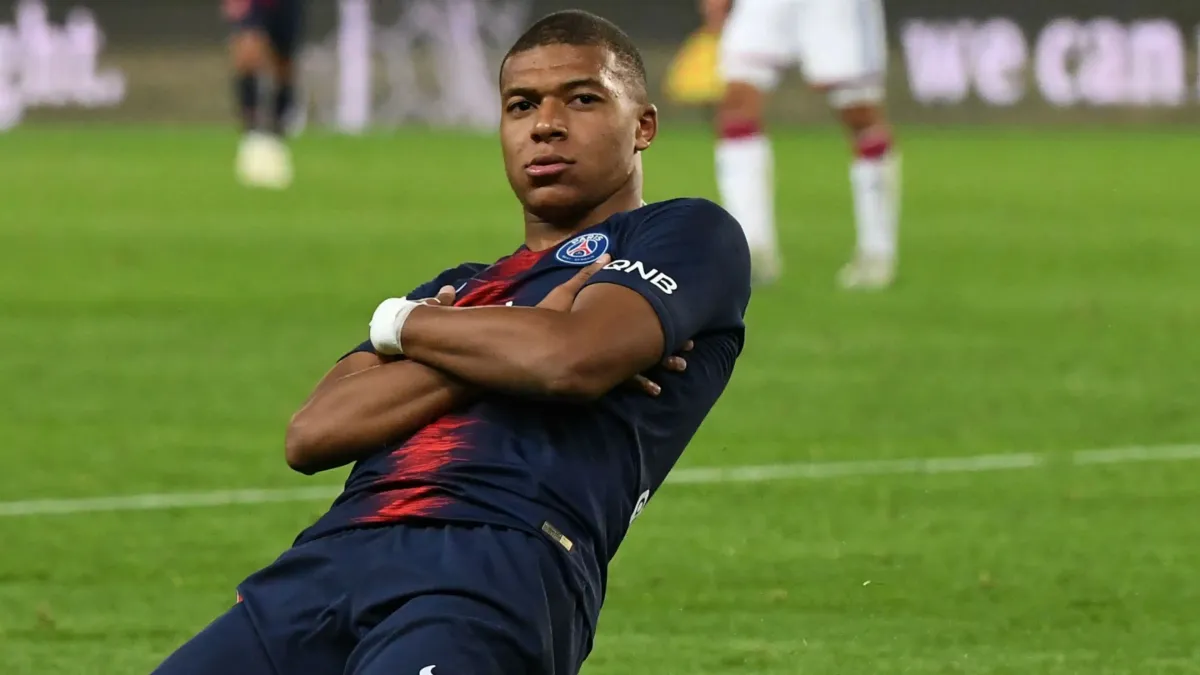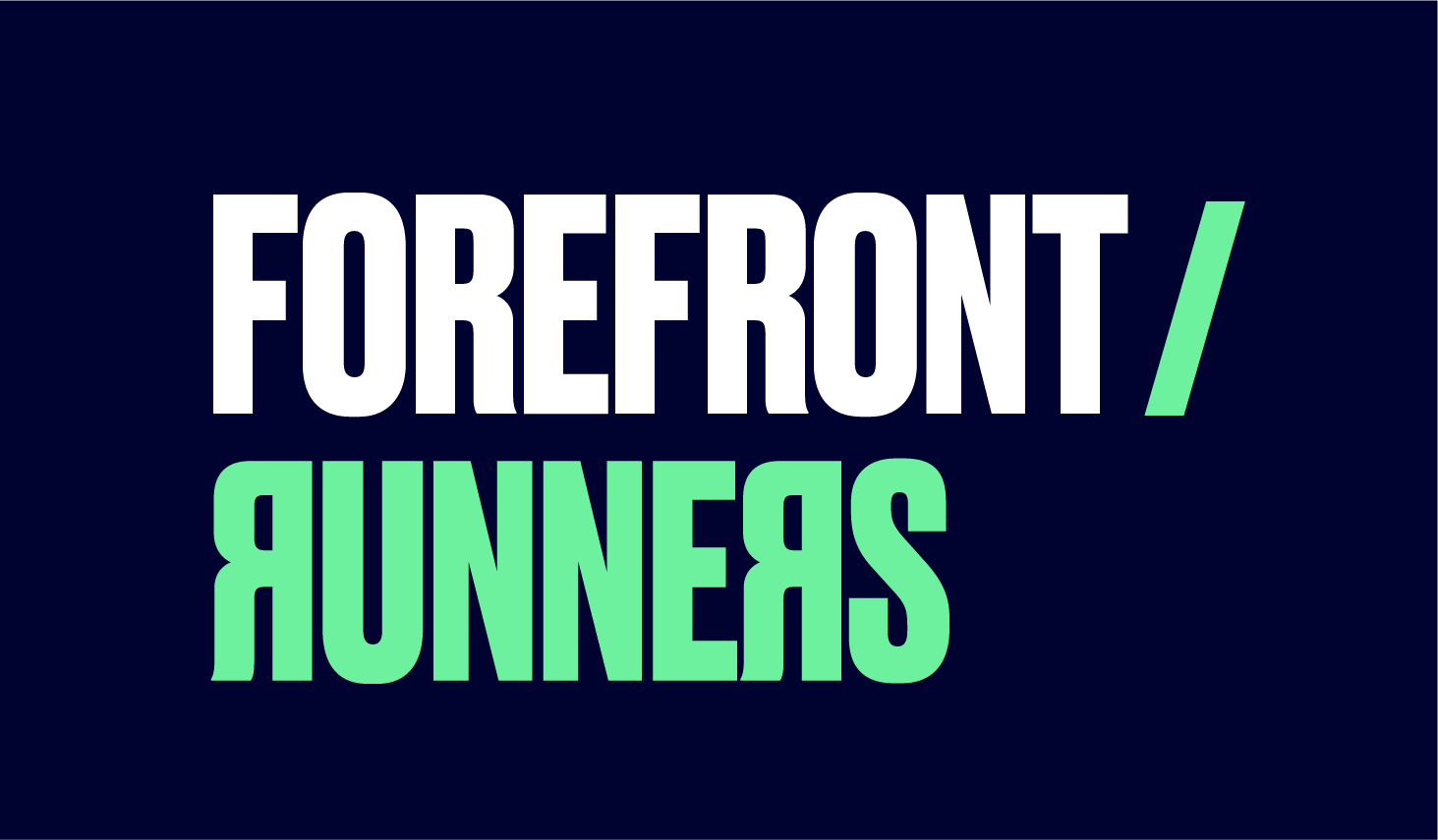Why Trademarking is Essential for Players' Success?

Kylian Mbappé is leading when it comes to intellectual property protection. In a sign of his immense commercial power, the PSG striker owns seven EU trademarks, including his iconic crossarmed goal celebration pose, his name and the logo of his company. According to the European Union intellectual property office, Messi and Ronaldo have six trademarks registered each.
In the fiercely competitive world of professional football, success extends far beyond the boundaries of the pitch. While goals and trophies undoubtedly define a player's career, the modern era of sports has ushered in a new dimension of commercial opportunity and brand building. Now more than ever, footballers are not just athletes but also entrepreneurs, strategically navigating the landscape of endorsements, sponsorships, and merchandise deals. At the heart of this entrepreneurial journey lies the crucial element of trademarking - a legal avenue that not only protects a player's identity but also unlocks a realm of financial opportunities.
In this post, we delve into the significance of trademarking in the realm of football, drawing insights from the remarkable case of Kylian Mbappé and his trailblazing approach to intellectual property protection.
Reasons:
1. Enhanced Commercial Power: Kylian Mbappé's proactive approach to trademarking his name, goal celebration pose, and quotes demonstrates the enhanced commercial power that comes with protecting one's intellectual property. By securing trademarks, footballers can control the use of their image and brand, leading to potential revenue generation through licensing and endorsements.
2. Brand Identity and Protection: Trademarks serve as a cornerstone for building and protecting a footballer's brand identity. By registering trademarks for their name, logos, and iconic gestures, players like Mbappé can establish a unique identity in the market and safeguard against unauthorized use or exploitation of their image by third parties.
3. Revenue Diversification: Investing in trademarks enables footballers to diversify their revenue streams beyond their playing contracts. By licensing their trademarks for use in various products and merchandise categories, players can capitalize on their popularity and appeal to fans across different demographics and regions, thereby maximizing their earning potential.
4. Global Market Reach: With EU trademarks providing exclusive rights across all EU countries, footballers can leverage this protection to expand their market reach and capitalize on the vast consumer base within the European market. This global perspective highlights the importance of thinking beyond domestic boundaries when it comes to intellectual property protection and commercial opportunities.
5. Gender Equality in IP Protection: The absence of female footballers in the European IP protection sphere underscores the need for greater awareness and inclusivity in the sports industry. Encouraging women players to engage in trademarking and brand-building activities can promote gender equality and empower female athletes to harness the full potential of their commercial value.
In conclusion, Kylian Mbappé's leadership in intellectual property protection serves as a compelling case study highlighting the pivotal role of trademarking in a footballer's journey to success. His proactive approach to securing trademarks underscores the immense commercial power derived from protecting one's intellectual property.
